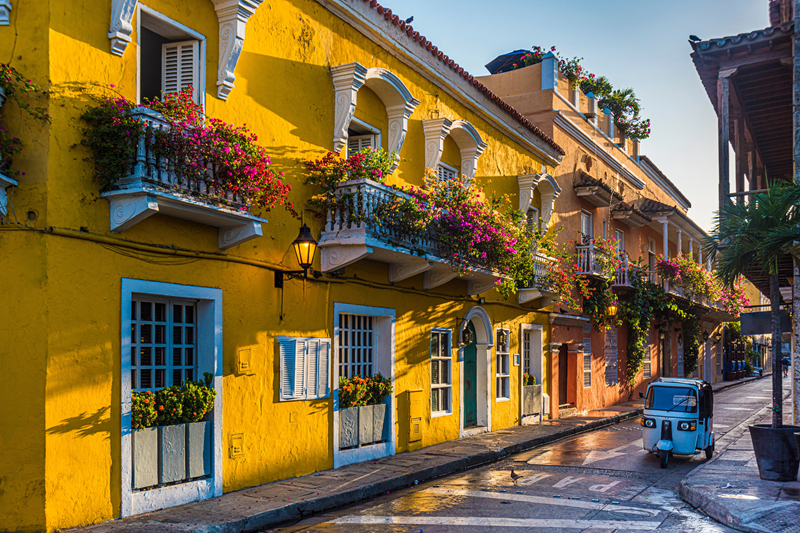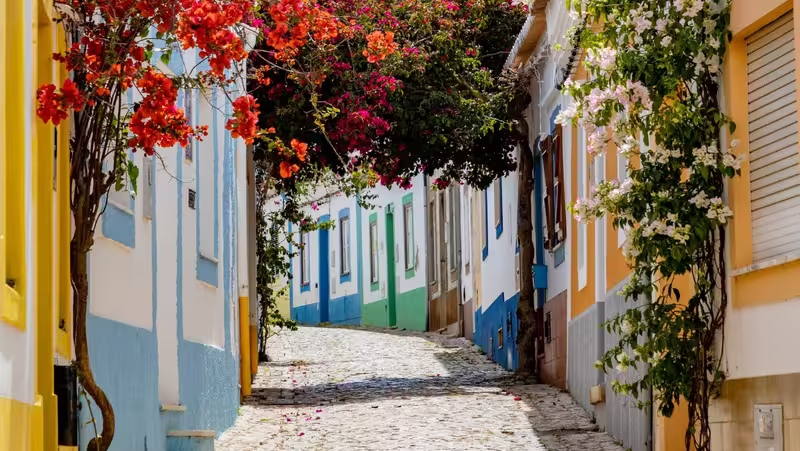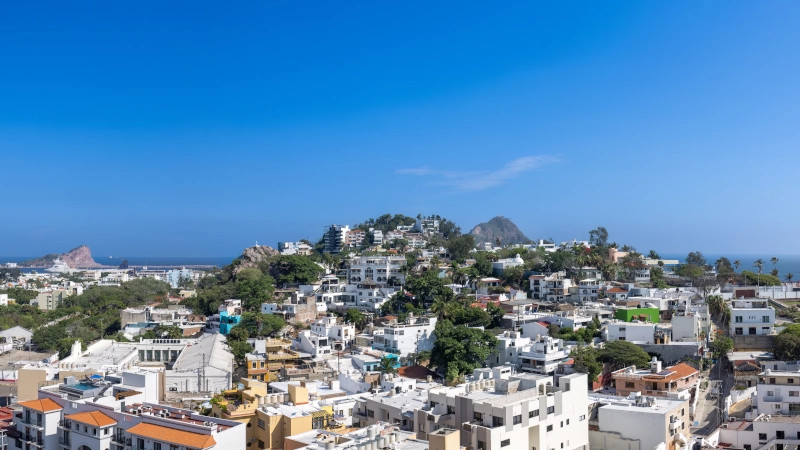Any foreign national, retiree or otherwise, wishing to stay in the Dominican Republic longer than the 30 days afforded by a tourist visas will need to apply for residency.
Firstly, the process is a normally a two-step one, involving temporary residency (best applied for at a consulate in your home country) and then permanent residency, which may only be sought while in the country.
Retiring in the Dominican Republic, you are among those eligible to skip the temporary residency and jump right to the permanent residency status provided they can prove access to a monthly pension or similar source of funding of at least US$1,500 per month (plus $250 per dependant).
The income must come from a public or private plan and the amount must be certified by the plan provider in writing.
This document is in addition to the litany of other paperwork (health certificates, criminal background checks, birth and marriage certificates, etc.) required of any visa applicant.
The government says permanent residency may be acquired within 45 days of application, but in reality the process usually takes longer.
Anyone who has been resident in the Dominican Republic for at least three years is subject to Dominican taxes.
As a result, you are considered a resident if you spend more than 182 days in the country during any given fiscal year (the days do not have to be consecutive).
Resident foreigners receiving income from financial investments (stocks and bonds, certificates of deposits, etc.) must pay taxes on income from those investments. However, pensions and Social Security benefits are exempt.
Income Taxes
All taxpayers must register with the tax authorities and obtain a tax or RNC (Registro Nacional de Contribuyentes) number.
Tax rates on income from financial investments abroad is levied on a sliding scale, with the first RD$290,000 exempt.
Income between RD$290,000 and RD$435,000 is taxed at 15%; income between RD$435,000 and RD$604,000 at 20%.
Everything above $604,000 is taxed at 25%.
The scale is adjusted for inflation annually in January. And, there are very few deductions. So, keep that in mind when you’re considering to retire in the Dominican Republic.
A 1% annual tax is assessed on any real property owned by individuals, based on the value of the property as appraised by the government authorities.
The 1% is calculated only for values exceeding RD$5 million.
The estate of any person, Dominican or foreign, whose last domicile was in the Dominican Republic is subject to Dominican inheritance taxes of 3% less some deductions (4.5% for people who do not live in the Dominican Republic).
The inheritance of property located in the Dominican Republic is subject to Dominican inheritance taxes, irrespective of the nationality or domicile of the deceased.
Currently, the United States and the Dominican Republic don’t have a tax treaty in place. In other words, taxes may be owed in both countries in certain circumstances.
Tax laws are complicated and change frequently, so it is recommended that a qualified tax accountant be consulted.














 . '
. '
 . '
. '
 . '
. '
 . '
. '
 . '
. '








